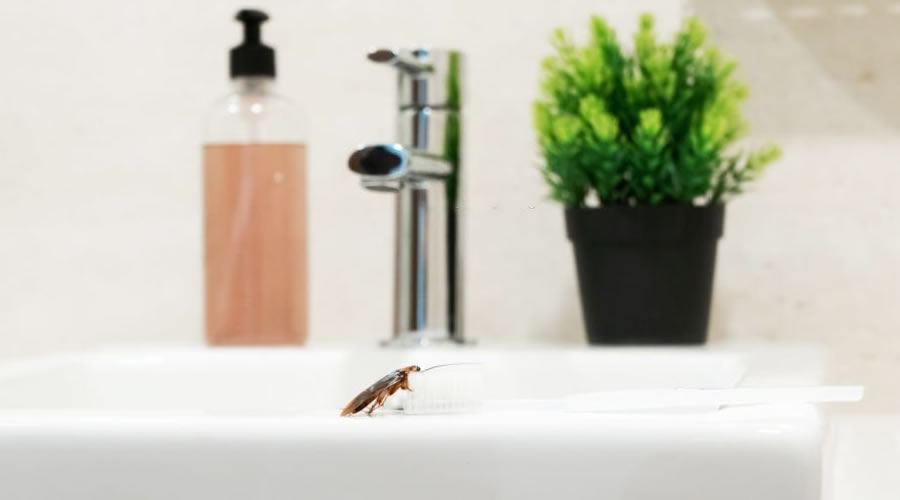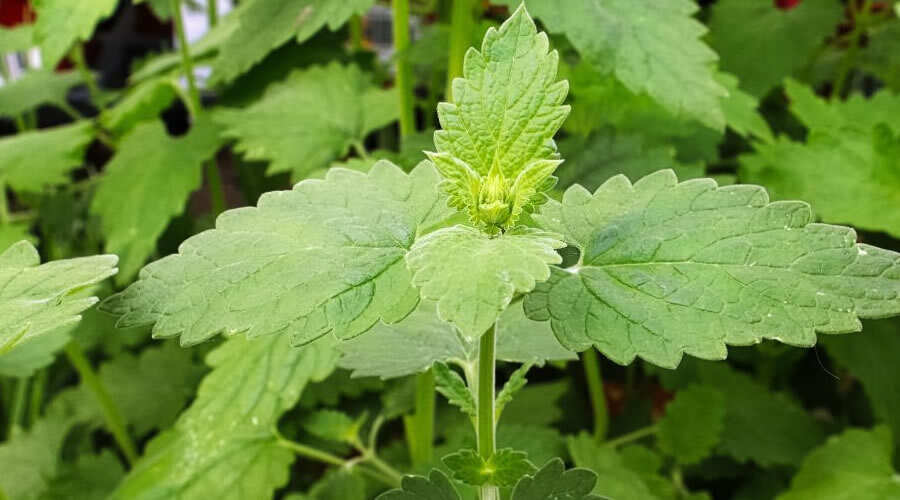The Best Eco-Friendly Products To Combat Pests

Pests can appear in every home, no matter where you are located. However, if you live in an area of high humidity, you are more likely to experience a pest problem. Pesticides can be damaging to the soil and the earth, which is why taking the natural approach is more recommended. Read on to find some good tips.
Environmental Impact of Pesticides
Nowadays, property owners want fast and efficient methods to get rid of pests, which is why they end up using strong and synthetic chemicals. The problem is that while these chemicals may be efficient in killing pests, they may also lead to toxic runoff and seep into the soil.
Eventually, these pesticides can enter underground aquifers, which can pollute wells, ponds, lakes, and streams. In the end, this may affect plant and animal life, as they come in contact with the dissolved pesticide.
Health Risks Associated with Pesticide Exposure
Pesticides pose hazards not only the flora and fauna but also human life. If they’re consumed from a contaminated plant or water source, this may lead to a variety of symptoms, including:
- Reduced Fertility
- Seizures
- Fatigue
- Vomiting
- Allergic Reactions
- Asthma
- Limb Numbness
- Muscle Weakness
- Higher Risk of Cancer
- Nausea
- Headaches
While you may not experience all these signs, low levels of exposure over time can lead to a variety of symptoms. For this reason, it is recommended to try natural pest control options before you resort to chemicals.
Top Natural Pest Control Tips

Various natural pest control options can allow you to have a pest-free home. These are some of them:
1. Use Coffee Grounds
Coffee has a strong smell that is offensive to many pests, causing them to avoid your home. It also has dehydrating agents, which can kill pests such as ants. Instead of throwing away the used coffee, let it dry and then apply it in areas where you believe there is pest activity.
2. Cedar
Cedar has a very strong scent that fills every household, whether it is in the form of chips or essential oils. That being said, while the smell is pleasant for humans, it repels most pests. Use it in pest “hot spots” and entryways to prevent the pests from gathering.
3. Cucumber
Cucumber is a good pest control option that can keep ants away. Besides the fact that the pests do not like the smell, cucumbers also feature a chemical called trans-2-nonenal that causes oxidative stress in ants. Simply take a few peels and place them where you have ant activity.
4. Garlic
While people like putting some garlic in their meals, pests hate it. For some pests such as caterpillars or pea aphids, garlic is fully toxic. Crush some garlic, add it to half a water cup, and leave the mixture overnight. Pour the mixture into a spray bottle the next day and use it where you might have pest activity
5. Soap
Mixing soap with water not only gives you a good insect-killing spray but also prevents other bugs from following a scout’s trail. For instance, ant scouts leave a pheromone trail behind them that the colony can follow. Soap can disrupt the trail and prevent more uninvited guests from getting inside your home.
6. Catnip
The Catnip plant is a natural protectant against pests that can be found in your home. This is caused by Nepetalactone, an active ingredient within this herb. This compound can kill pesky creatures such as cockroaches and mosquitos. Thus, it’s one of many safe options for pest control without risking harm or injury on pets you may have along with yourself.

7. Boric Acid
Boric acid is highly acidic and toxic for pests such as fleas, cockroaches, ants, and wasps. It doesn’t matter if the pest eats it or just walks over it – within a couple of days, they will die of dehydration if you place it in the hot zones.
8. Citrus
Citrus also features a very powerful scent that can ward off insects. Moreover, its formula can disrupt pheromone trails left by scout pests. You can make a spray out of lemon juice and water and apply it where you believe pests may gather. It may also be added to a bucket of water and applied to the floor.
9. Basil
Basil is not only a cooking asset, but its smell also works very effectively at repelling mosquitos and flies. Plant some basil into flowerpots and leave them at the windows to ward off the pests. If you have standing water in your yard, place some pots or basil around it, as it can be toxic for the mosquito larvae.
10. Cinnamon
Not only does cinnamon have an offending scent for pests, but most insects also dislike the feel of powdered cinnamon on their shells. Place some cinnamon sticks in areas where pests can gather or sprinkle the powder form on the floor. No matter how much cinnamon you choose to apply, the insects will flee, yet your home will smell good.
Conclusion
Natural pest control is not only fairly efficient, but it also comes at a lower price. It works best when you need pest prevention, or you have a minor pest infestation while protecting the environment. That being said, if you have a bigger infestation, you might still want to call pest control.